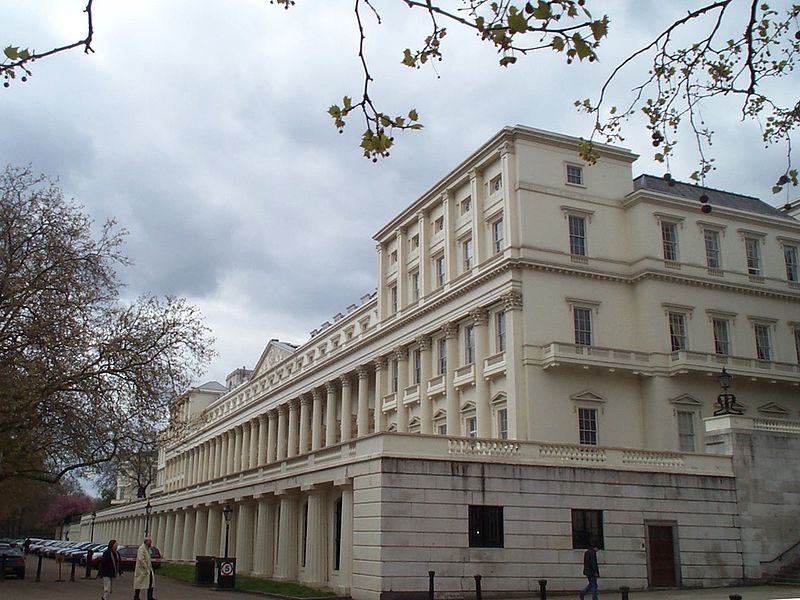The Royal College of Pathologists
Interview with
Helen - Professor Adrian Newland is the president of the Royal College of Pathologists. We are honoured to have him with us in the studio right now. Hi, Adrian. Thanks for coming in. It's great to have you with us. We thought we would start off by asking you what does it constitute to be a pathologist? Who are pathologists?
 Adrian - The simple answer to that is pathologists are involved with diagnosis. There are at least 18 different types of pathologists involved with all aspects of the living from pregnancy and infertility right through to death and fatal diseases. Many of those types of pathologist look after patients and are involved in their care on the wards in addition to diagnoses. Many are also involved in the research behind the diseases. We are very keen to look at the basis of disease. We are involved in research and development to try and find out why diseases happen and how we can improve treatments.
Adrian - The simple answer to that is pathologists are involved with diagnosis. There are at least 18 different types of pathologists involved with all aspects of the living from pregnancy and infertility right through to death and fatal diseases. Many of those types of pathologist look after patients and are involved in their care on the wards in addition to diagnoses. Many are also involved in the research behind the diseases. We are very keen to look at the basis of disease. We are involved in research and development to try and find out why diseases happen and how we can improve treatments.
Helen - So it's really everything about diseases I guess. Is it just doctors that are pathologists?
Adrian - No, there are a group of scientists as well. 20% of the members of our college are actually clinical scientists. We work together as a team in all aspects of diagnosis, research and patient care.
Helen - You are a haematologist, is that right?
Adrian - Yes that is right.
Helen - So you deal with blood. I gather you talk to and meet patients as well as working on the research side. You must have an insight already into how diverse a job being a pathologist is.
Adrian - Yes I cover all those aspects. In fact it was one of the big attractions of going into the specialty. The fact that I could look after patients and take their blood, then take it to the laboratory and be involved in the diagnosis. I didn't have to send a sample off then get a result back on a bit of paper and deal with it. That is the whole exciting element of that as an area to work in.
Helen - You are President of the Royal College of Pathologists. What exactly is the role of that organisation? What do you do?
Adrian - We have 4 main aims. We are involved in training, particularly training trainees in pathology. We are involved in maintaining standards and developing guidelines. We are involved in promoting research. We are also involved in educating the patients and public in what pathology is and what their diseases are and to give them an awareness of their bodies.
Helen - This week is national pathology week. This is the first time this has ever happened. What was the idea behind having this week?
Adrian - We've been doing some work at the college in developing an education centre and that was finished this month. We took it over and we thought we would celebrate this by actually developing the part of our mission which was patient awareness and patient education. A national pathology week seemed a great way of doing that. The enthusiasm we've had from members of the college around the country has been absolutely fantastic.
Helen - I would have thought, maybe on the surface, that things on TV like CSI and all those programs dealing with autopsies and the forensic side of things would be good in creating awareness of pathology? You think it maybe is not such a good thing?
Adrian - I don't think it is. I think that is fine and we want to put the forensics into perspective. Many patients and the public are not even aware we are doctors. So I think it gives a rather distorted idea of what pathology is.










Comments
Add a comment